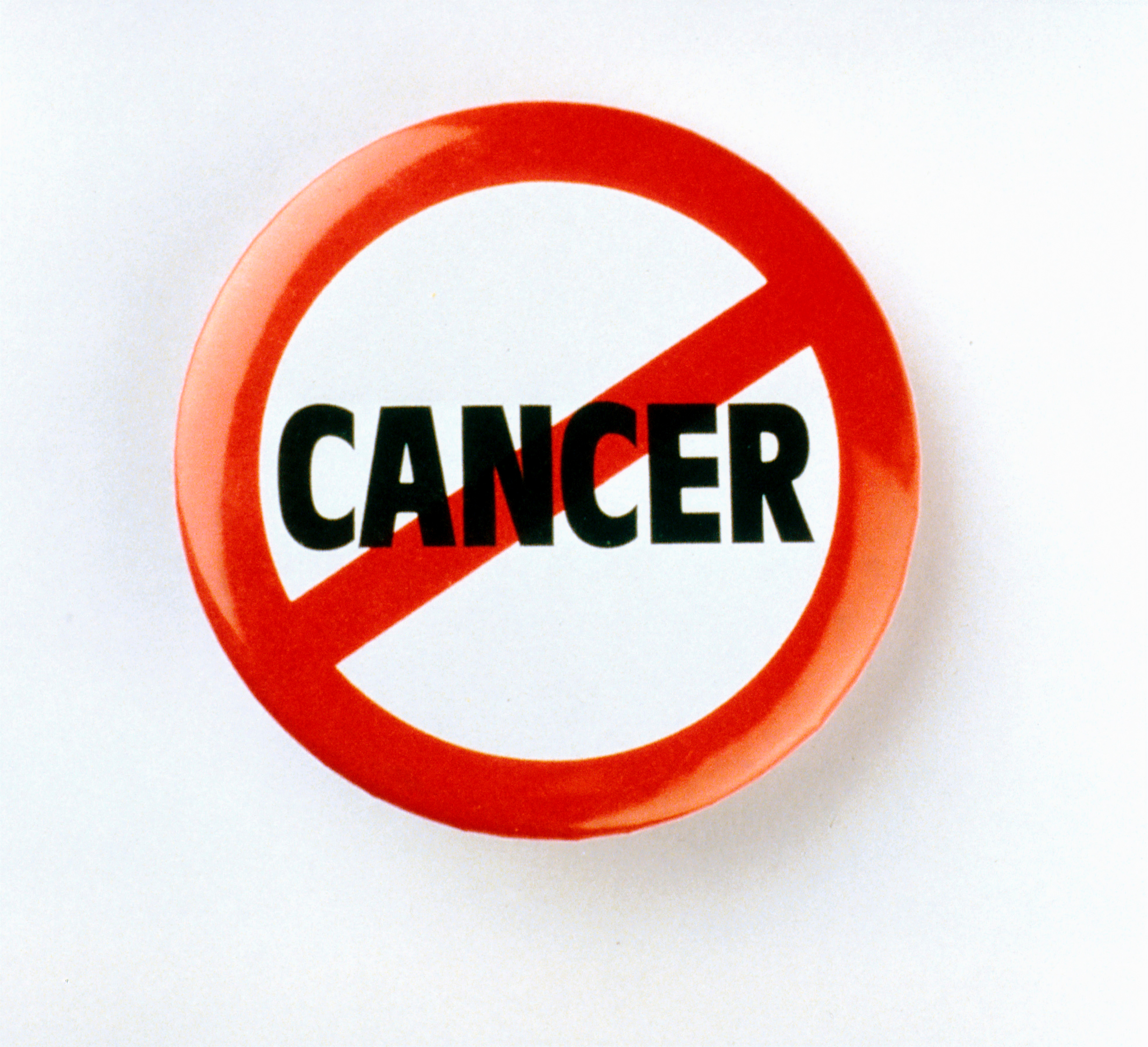One major negative effect that the COVID-19 pandemic has brought to the medical industry is the difficulty in operating preventative services and screenings for other illnesses. Because of this, many patients who are struggling with other diseases are forced to put off their treatments in fear of potential exposure to the virus. This poses a massive risk to cancer patients and survivors who are in danger of relapsing without the proper medical faculties to address their needs.
Importance of cancer screening
Memorial Sloan Kettering’s associate deputy physician-in-chief, Dr. Diane Reidy-Lagunes, is considering the potential dangers of undiagnosed cases amidst the global pandemic. Both patients and clinicians are even advised to stay at home to avoid being infected by the disease. She pointed out that recent studies in the UK have predicted a considerable reduction in cancer care services, which can result in over 34,000 excess deaths. This is why the prioritization of screenings needs to be available as soon as possible in managing both current and future cases.
Prioritization of medical services
Cancer is a time-sensitive disease, which means that a delay of four to six months in treatment or detection could easily lead to a more severe condition. This is especially true for gynecologic and lung cancers, among other high-risk forms of the illness. Although preventative health screenings for cancer and other diseases need to be performed as soon as possible, the overwhelming number of COVID-19 cases that seem to grow each day are given primary care over other illnesses.
Dangers to healthcare workers
The limitation of screening and clinic visits to assess a patient’s health is not just a danger to patients but physicians as well. The impact of the pandemic has resulted in an increased importance on physician safety, which is due to the dangers of contracting or being infected by the disease from patients and co-workers. The vulnerability of healthcare workers is a growing concern as deteriorating work conditions can significantly impact both their health and capacity to work extended hours in the hospital.
Modern solutions amidst the pandemic
The use of digital methods in helping industries overcome the pandemic can also be applied to the healthcare industry. Some establishments, such as MSK, have used COVID-19 screenings for its current patients and staff while observing social distancing protocols. For cancer patients who have tested positive to the virus, MSK offers virtual monitoring on their conditions even while they’re isolated at home. Furthermore, telehealth visits have shown an increase of over 2,000% in light of the restrictions on face-to-face patient to physician encounters.
Conclusion
The world will take a long while to heal from the effects of the coronavirus pandemic. Although trials and tests for vaccines are showing positive signs, the arrival of a cure won’t solve the logistical problems that healthcare industries need to be addressed now.
The development of a vaccine will also pose a new obstacle for pharmaceutical companies, healthcare establishments, and national governments. The proper dissemination of the drug will inevitably take a long process from procurement to distribution, which is why it’s crucial to improve the overall implementation of healthcare services to ensure that not only COVID-19 patients are given proper attention.
The world is affected in different ways because of the COVID-19 pandemic, which is why people need to be informed of the latest updates on the disease.
Stay updated with the coronavirus pandemic and other healthcare-related news by accessing our healthcare news articles on our blog!


















